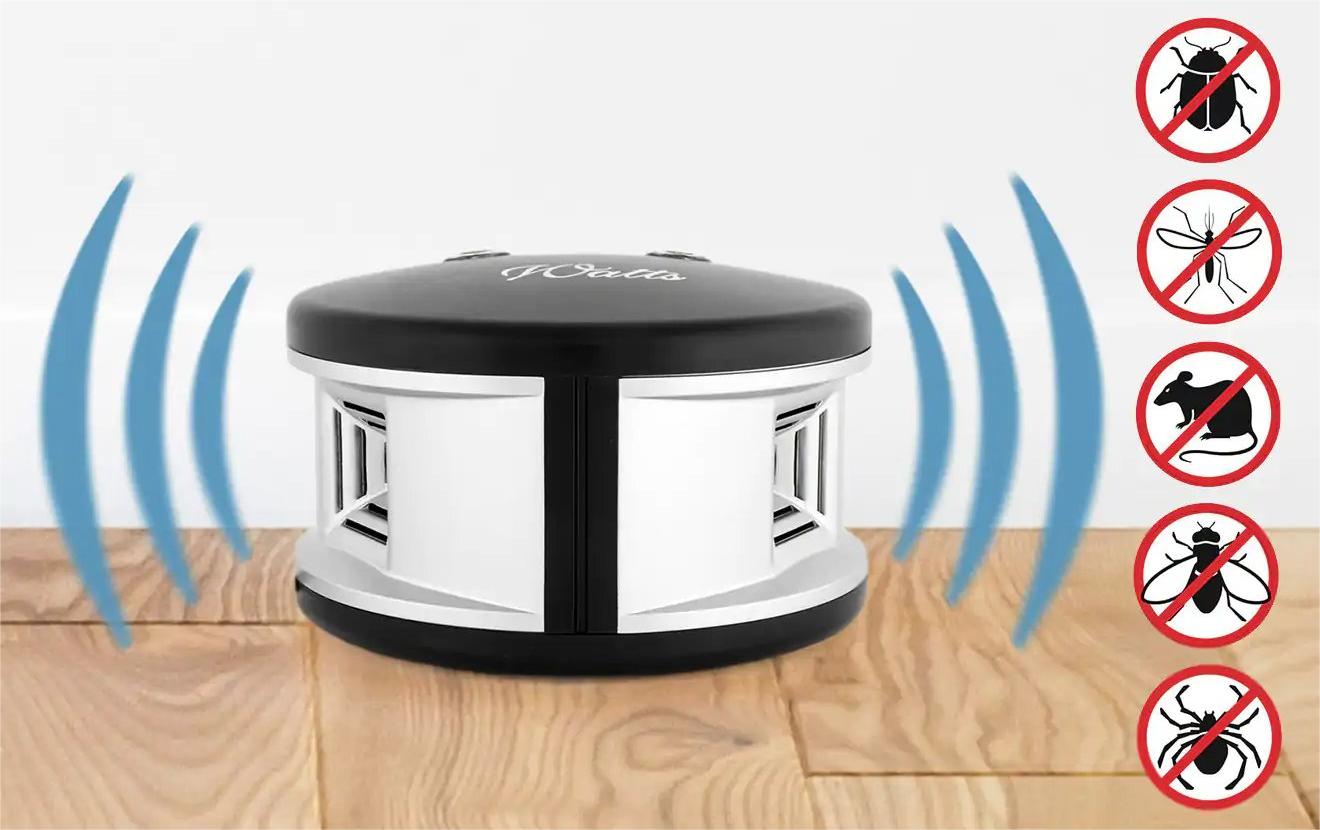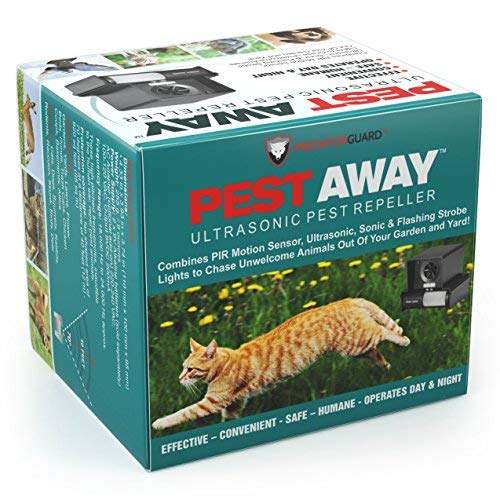Do Ultrasonic Pest Repellents Really Work At James Mcdermott Blog

Do Ultrasonic Pest Repellents Really Work At James Mcdermott Blog An ultrasonic pest repeller is an electronic device that emits a high pitched sound. humans are unable to hear the high pitched sound, but household pests can hear the noise and are either killed, repelled, or incapacitated by it. these devices are usually plugged into an outlet, and there are also battery powered devices that can be placed. Ultrasonic pest repellers are a popular alternative to the chemical pesticides leading pest control brands often use. these plug in or battery operated devices are marketed as safe and environmentally friendly. the ultrasonic waves they emit are meant to disrupt pests’ nervous systems, making it uncomfortable for them to stay in the area.

Do Ultrasonic Pest Repellents Really Work At James Mcdermott Blog One of the most common concerns about ultrasonic pest repellers is whether they are safe for humans and pets. the good news is that the frequencies used by these devices are typically outside the range of human and pet hearing, so they should not cause any harm. however, there are some exceptions. if you have pet rodents, such as hamsters or. Doing our best to use methods that are the least harmful to the things that “bug” us seems like a no brainer in the responsibility to the planet and our fellow creatures department. ultrasonic. Ultrasonic pest repellers claim to work by emitting high frequency sounds above the range of what human ears can detect. sounds detectable by humans fall between 20 hz (hertz) to 20 khz (kilohertz. How ultrasonic pest control works. ultrasonic pest control devices like ultrasonic rodent repellers create high frequency soundwaves designed to ward off pests like rodents, raccoons, and fleas. the soundwaves are meant to be intolerable to pests, driving them away from the device’s location. the devices emit ultrasonic soundwaves at.

Do Ultrasonic Pest Repellents Really Work At James Mcdermott Blog Ultrasonic pest repellers claim to work by emitting high frequency sounds above the range of what human ears can detect. sounds detectable by humans fall between 20 hz (hertz) to 20 khz (kilohertz. How ultrasonic pest control works. ultrasonic pest control devices like ultrasonic rodent repellers create high frequency soundwaves designed to ward off pests like rodents, raccoons, and fleas. the soundwaves are meant to be intolerable to pests, driving them away from the device’s location. the devices emit ultrasonic soundwaves at. Ultrasonic pest repellers emit high frequency sound waves above 20 kilohertz (khz), which is the upper limit of human hearing. this means that while human ears cannot hear these high pitched. Rodents: ultrasonic pest repellents are useful when trying to get rid of mice and rats. the key when targeting rodents is choosing a high frequency device specifically targeting these pests which is 32 62 khz. insects: some ultrasonic repellents also work on insects like mosquitoes, spiders, ants, and cockroaches.

Ultrasonic Pest Control Does It Really Work Family Handyman Ultrasonic pest repellers emit high frequency sound waves above 20 kilohertz (khz), which is the upper limit of human hearing. this means that while human ears cannot hear these high pitched. Rodents: ultrasonic pest repellents are useful when trying to get rid of mice and rats. the key when targeting rodents is choosing a high frequency device specifically targeting these pests which is 32 62 khz. insects: some ultrasonic repellents also work on insects like mosquitoes, spiders, ants, and cockroaches.

Comments are closed.